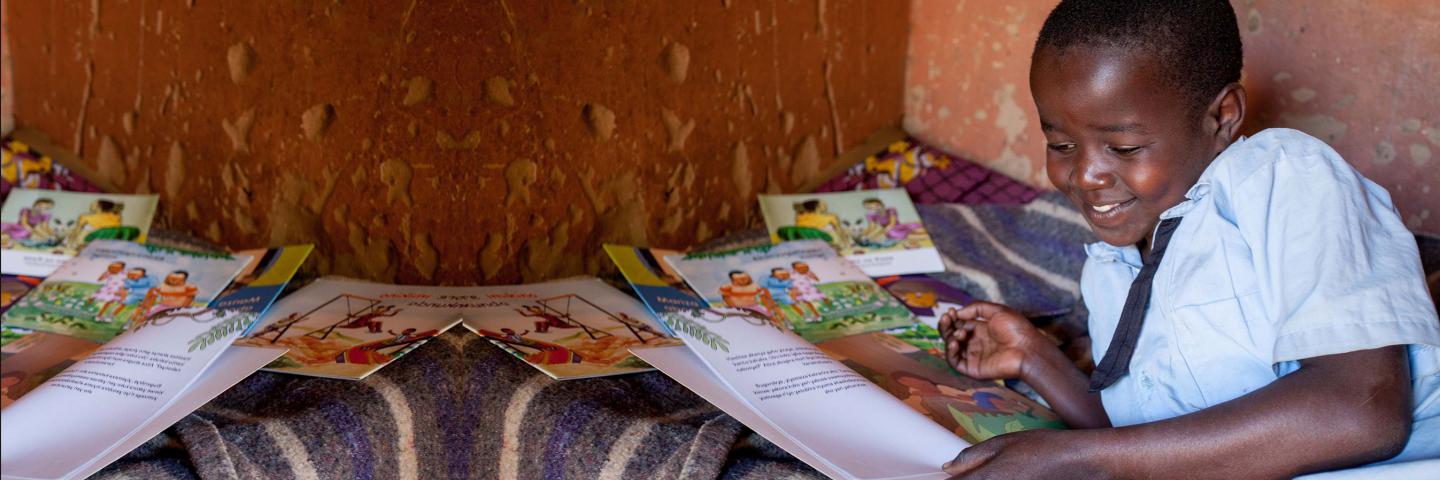

The main objective of the learning agenda was to understand the situation of SRH service-related issues (Knowledge, Attitude, Practice, Access and related barriers) among young women in selected areas in Sidama Region, Ethiopia. The study was...
Save the Children Ethiopia Country Office implemented the Multi-Year Resilience Programme (MYRP) spanning from 2020 to 2023, funded by Education Cannot Wait (ECW). The endline evaluation of the ECW-MYRP was conducted to assess the program’s...
The report provides a snapshot of our ‘strategy in action’ by combining our reach figures with examples of evidence and learning from our programs, key advocacy and policy wins, as well as individual case studies and voices from children from...
Save the Children Ethiopia, with the support of Save the Children Sweden and Save the Children Norway, has been working with civil society organizations and implementing child centered social accountability (CCSA) program to improve the delivery...
At a time of growing fragmentation, limited fiscal space, and greater demand for health care, the global health architecture needs more modalities that support governments to improve self-sufficiency, and unleash more resources beyond the dollar...
The BHA-funded “Integrated Lifesaving Health, Nutrition, and WASH Project for Communities Affected by Drought” was implemented in Ethiopia’s Afar, Amhara, Oromia, and Tigray Regions. Save the Children (SC) implemented a...
One person is likely dying of hunger every 48 seconds in drought-ravaged Ethiopia, Kenya, and Somalia. More than a decade since the delayed response to the 2011 famine that killed more than 260,000 people in Somalia – half of them children under...
Save the Children Ethiopia country program has been engaged in governance and advocacy programming with the aim of improving national systems and mechanisms for children’s rights. This brief highlights some of the major results in relation to the...
This technical brief describes USAID Growth through Nutrition Activity’s efforts to break the intergenerational cycle of malnutrition in Ethiopia by implementing social and behavior change activities to improve adolescent nutrition,...
This project brief summarizes Growth through Nutrition’s approach, geographic scope, timeline, and key results and achievements.